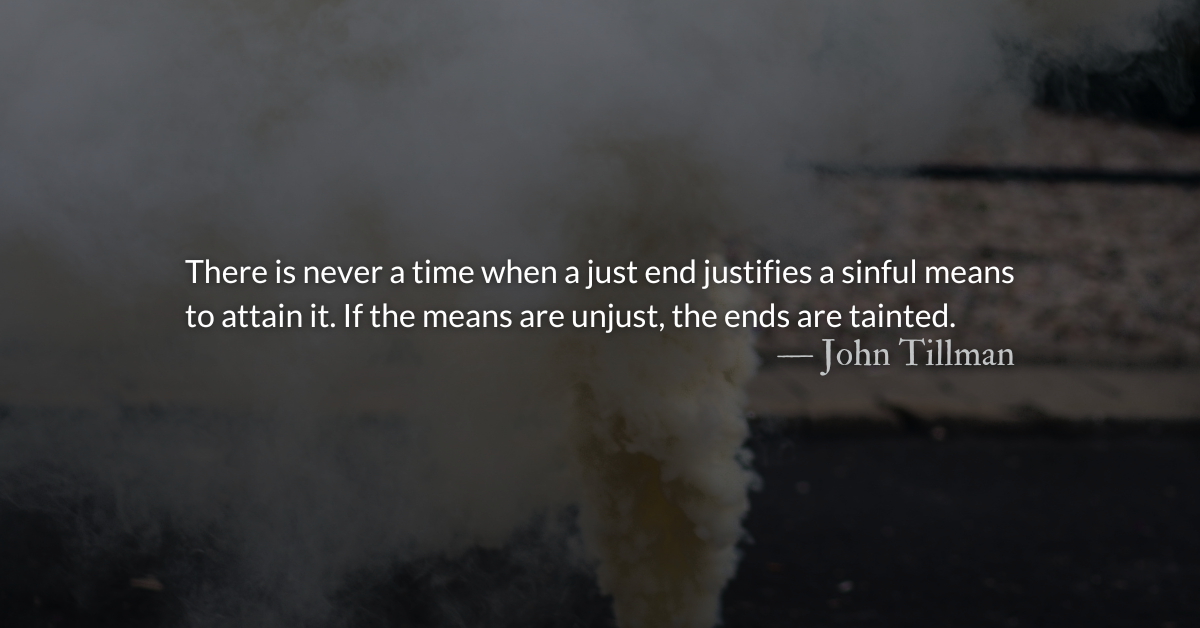Links for today’s readings:
Read: Daniel 12 Listen: (2:40)
Read: Hebrews 10 Listen: (5:33)
Links for this weekend’s readings:
Read: Esther 1 Listen: (4:14), Read: Hebrews 11 Listen: (6:22)
Read: Esther 2 Listen: (4:31), Read: Hebrews 12 Listen: (4:36)
Scripture Focus: Hebrews 10.19-25
19 Therefore, brothers and sisters, since we have confidence to enter the Most Holy Place by the blood of Jesus, 20 by a new and living way opened for us through the curtain, that is, his body, 21 and since we have a great priest over the house of God, 22 let us draw near to God with a sincere heart and with the full assurance that faith brings, having our hearts sprinkled to cleanse us from a guilty conscience and having our bodies washed with pure water. 23 Let us hold unswervingly to the hope we profess, for he who promised is faithful. 24 And let us consider how we may spur one another on toward love and good deeds, 25 not giving up meeting together, as some are in the habit of doing, but encouraging one another—and all the more as you see the Day approaching.
2 Chronicles 36.18-19
18 He carried to Babylon all the articles from the temple of God, both large and small, and the treasures of the Lord’s temple and the treasures of the king and his officials. 19 They set fire to God’s temple and broke down the wall of Jerusalem; they burned all the palaces and destroyed everything of value there.
2 Kings 25.13-15
13 The Babylonians broke up the bronze pillars, the movable stands and the bronze Sea that were at the temple of the Lord and they carried the bronze to Babylon. 14 They also took away the pots, shovels, wick trimmers, dishes and all the bronze articles used in the temple service. 15 The commander of the imperial guard took away the censers and sprinkling bowls—all that were made of pure gold or silver.
Reflection: Parting a Curtain or Entering God’s Presence?
By John Tillman
Hebrews provides context and commentary on promises of the Old Testament and explains how Jesus brings those promises to fulfillment.
Some promises of God were openly stated: “All peoples on earth will be blessed through you.” (Genesis 12.3b) Some were subtle—hidden in plain sight. The tabernacle (and temple that followed) echoed one of these subtle promises in architecture, reflected it in regulations, and whispered it in worship: “I will make a way back to Eden. You will walk with me in the garden once more.”
The physical and liturgical structure of the tabernacle and temple told this story. Worshiping there we would have passed through stages of purification and doorways of access. Sacrifices representing sin would die. Priests would stand before God and intercede for us. On one special day, the high priest would enter the holiest place, offering the holiest sacrifice on the holiest day on behalf of all the people.
The writer or writers of Hebrews experienced Temple worship and understood it. They knew what it meant to be washed with pure water and sprinkled to cleanse a guilty conscience. They knew what curtain they were talking about when they wrote that “a new and living way” was opened into the Holy of Holies. They knew what it meant to wait for the day that curtain would part.
Parting a curtain is one thing. Entering God’s presence is another. Through war and violence, Babylon parted the curtain but found the holy of holies absent of God. They conquered the place of God’s presence but found no peace. They possessed the implements of God’s worship but found no wisdom. They satisfied their greed and pride but found no transcendent truth or life.
If we enter like Babylon, we’ll be in God’s place without his presence. We’ll use implements of worship and dismiss his wisdom. We’ll find satisfaction of desires but no spiritual direction.
But we can draw near in a better way. Through peace and communion with Jesus, the holy of holies we enter overflows with the invaluable presence, power, and love of God. The spiritual curtain is parted, but on “the Day” spiritual reality will become ultimate reality.
Until that day, draw near. Hold unswervingly to hope. Trust the faithful one. Meet together and spur one another on with the encouraging truth that whispered promises can be shouted from rooftops. The way back to Eden is open.
Divine Hours Prayer: The Call to Prayer
Search for the Lord and his strength; continually seek his face. — Psalm 105.4
– From The Divine Hours: Prayers for Autumn and Wintertime by Phyllis Tickle.
Read more about Things Even Angels Question
Asking questions isn’t bad. But eventually Gabriel, instead of answering Daniel’s questions, tells him to move on.
Listen to Breaking the Rhyme Scheme
Christ will break this rhyme scheme. The rhythms of oppression will be rewritten. The drumbeat of violence will be silenced. The time signature of terrors will give way to rest.






